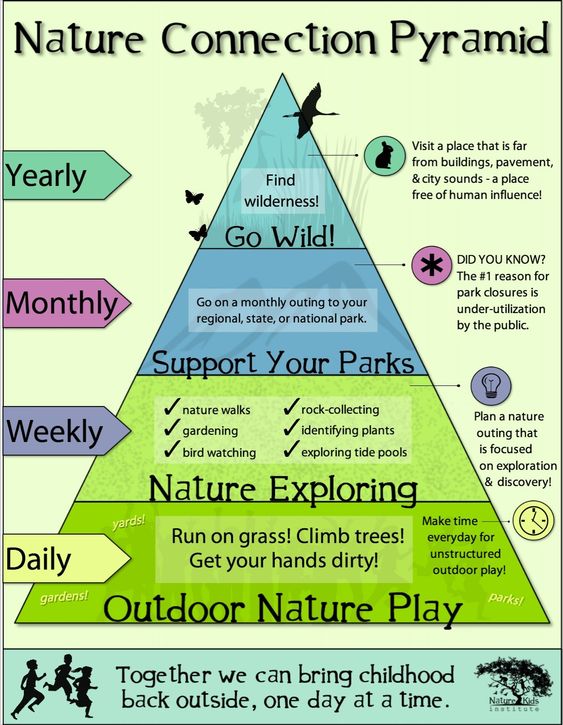Our Blog
Interacting or Interfering?
Posted on Jul 26, 2023There are a number of different reasons why children may be reluctant to interact. We have seen that this may be because they are shy, because they are anxious, or because they simply have not yet learned the language. What is clear is that we cannot ignore these children because they are difficult to talk to or because we achieve more satisfactory interactions talking to talkative children.
Julie Fisher
Interacting or Interfering – Improving Interactions in the Early Years
Partnership with Parents
Posted on Jul 26, 2023Montessori was aware of the importance of parent-child relationships. When writing about the unfolding of the sensitive periods in the child’s development, she highlighted the role parents and careers can play in supporting the child’s optimum maturation. For example, she advocated that babies and toddlers should participate in the everyday life of the family and engage in shopping expeditions, family meals and outings. She believed that very young children absorb all aspects of human existence, and that this absorption nurtures their development.
Barbara Isaacs
Understanding the Montessori Approach – Early Years Education in Practice
Getting children into nature
Posted on Jul 26, 2023Forest School gives the children a wonderful opportunity to learn in a different way, exploring the world through its natural materials, seasons, weather, plants and animals, as well as learning to cook outdoors.
Forest School is specifically tailored to help children build upon their creative thinking, confidence, risk-taking and self-esteem.
Useful Resources
The Wild Network
Is great inspiration for what can be done outdoors Sign up to their newsletter
→ Website
Holland Park
Holland Park runs courses that show your children all the Mini beasts living in London
→ Website
Reading with Children
Posted on Apr 10, 2023Reading to young children is an important way to help them to build language skills. It exposes them to new words and ways of using language. It also helps them learn general information about the world.
Books help children to build empathy and learn how to handle challenging feelings.
Reading together with your child gives you and your child a chance to slow down and connect with each other. And the sensory experience of sitting with you and hearing your voice also engages the child’s brain in a way that makes learning easier.
Education
Posted on Feb 4, 2020This is taken from an address by the headmaster of Shrewsbury School to Third Form entrants in September 2019:
WB Yeats’ definition of education always rings true with me: “Education is not the filling of buckets but the lighting of fires”. Of course, we want our pupils to learn interesting things; to develop remarkable skills; to nurture their own individual gifts and talents. We want them to become the best possible version of themselves.
But there is a deeper project here.
Schools are not about dispensing truths unthinkingly. Schools are about empowering the young to seek truths for themselves; to pursue lives of meaning and purpose; to grow in character. And, in quiet moments, to seek the deeper truths of the spirit.
The dynamics of the modern world make trust, truth and meaning increasingly elusive. Rapid change is the only real certainty. As well as navigating the turbulence and change of adolescence, our children need to equip themselves with the wisdom and skills to thrive; and the virtues and values to be a force for good.
The Shrewsbury School motto captures the deeper project of education: Intus Si Recte Ne Labora – If all is right within, trouble not.
We want our pupils to learn, and to learn deeply in an atmosphere of serious fun. We want them to develop the virtues that allow them to lead lives of meaning, active compassion, generosity, purpose and truth.
The fires we aim to light are the true fires, the torchlights, that guide us through life’s choices; those fires that cast light into dark places; those fires that light the way to truth.

